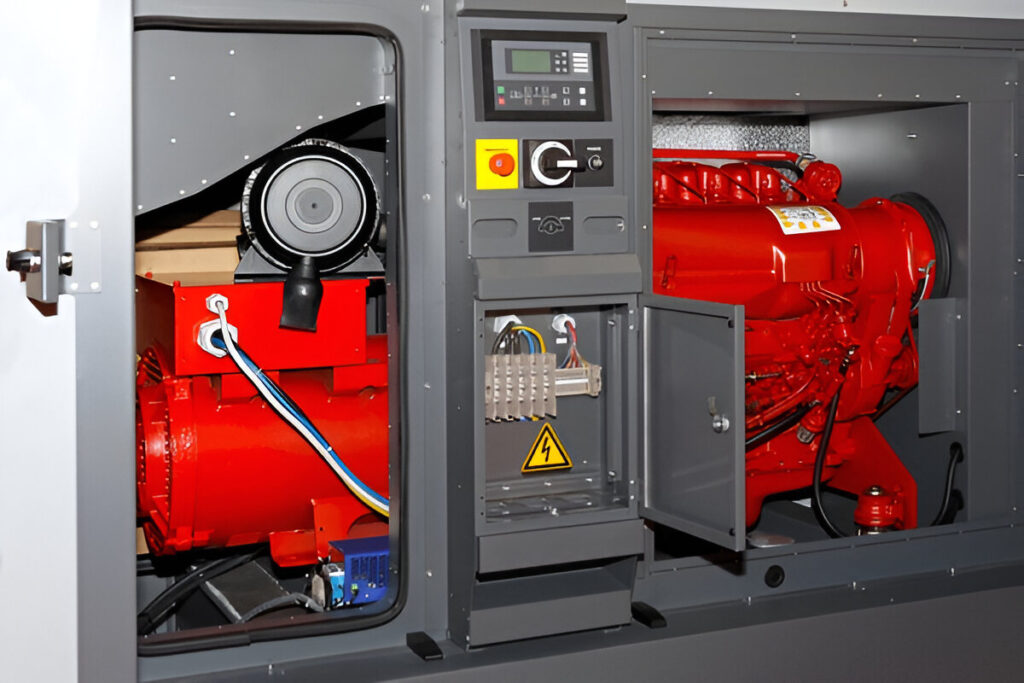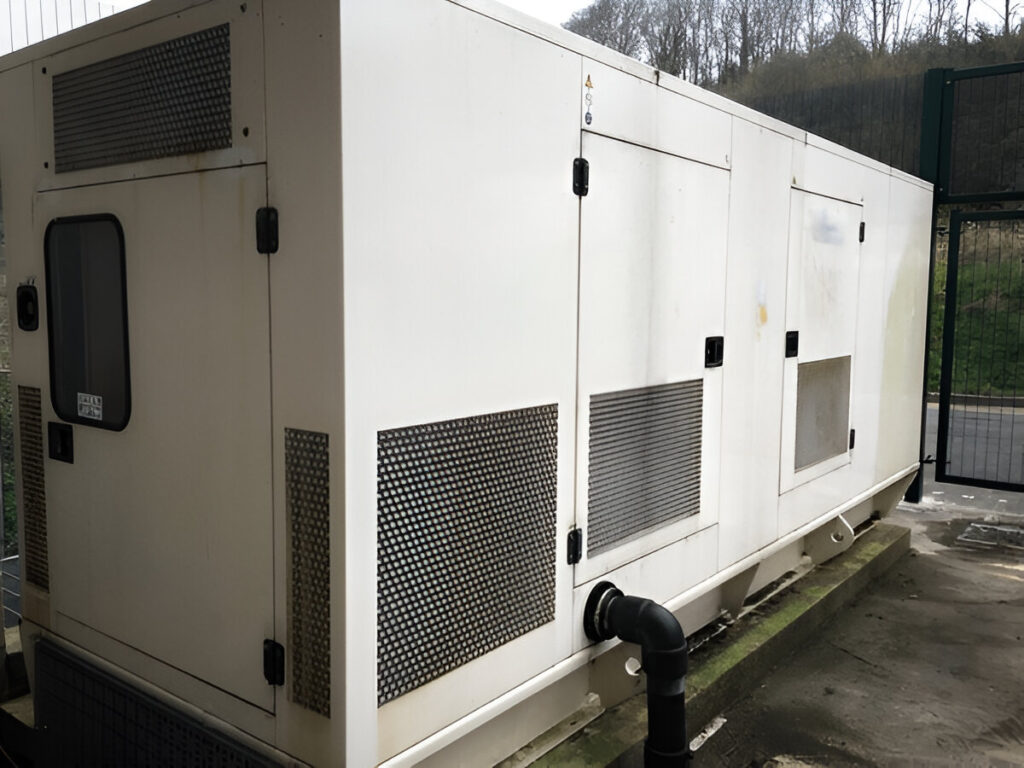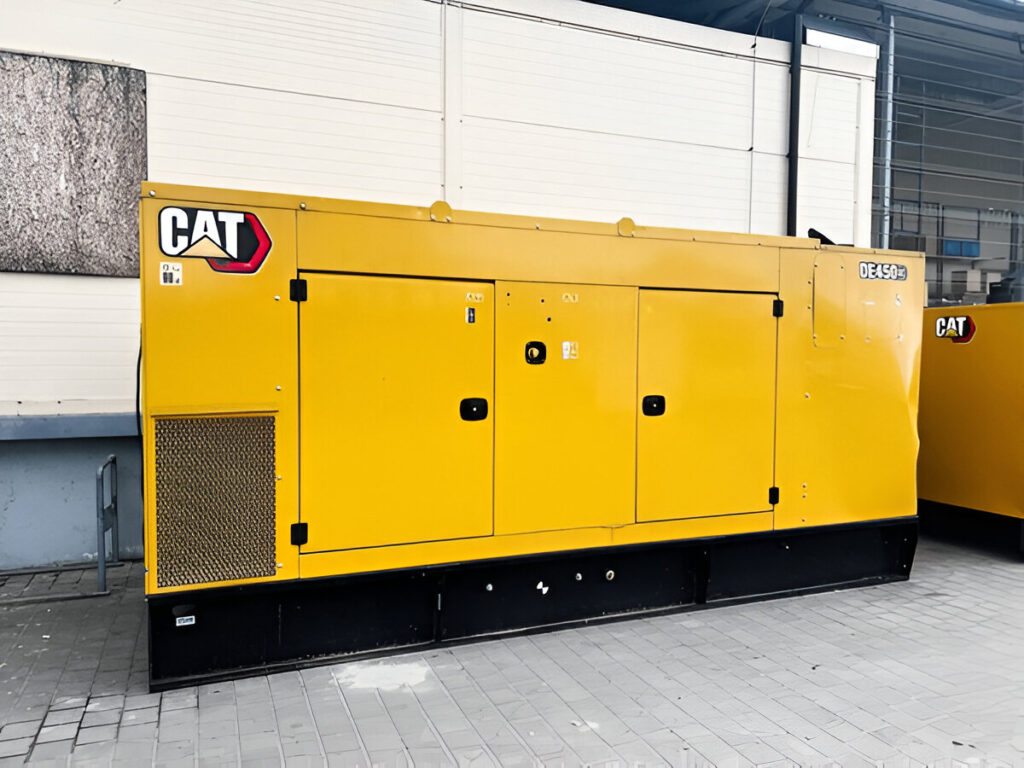Diesel fuel is the lifeblood of many backup and primary power systems. Whether you’re powering critical operations or preparing for emergencies, knowing how to store diesel fuel safely is essential to protect your investment and ensure uninterrupted performance. This guide covers the best practices for safe diesel storage, especially if you’re using or planning to purchase a diesel fueled generator.
Why Diesel Storage Matters
Storing diesel fuel isn’t as simple as filling a container and leaving it in the shed. Improper storage can lead to fuel degradation, contamination, and even fire hazards. For those who rely on a backup generator in Canada for emergency power, or own a high-performance CAT generator, fuel quality can directly affect operational efficiency and generator lifespan.
Key Concerns With Diesel Storage:
- Oxidation and Contamination: Diesel can degrade when exposed to oxygen, moisture, or microbial growth.
- Temperature Sensitivity: Diesel thickens in cold weather, which is especially critical for Canadian climates.
- Safety Hazards: Diesel is flammable and requires storage in compliant containers and environments.
Best Practices for Storing Diesel Fuel
1. Use Approved Storage Containers
Always use containers or tanks that meet local and federal safety regulations. Steel or heavy-duty plastic tanks specifically designed for diesel fuel offer the safest option for long-term storage.
If you’re purchasing a standby generator in Canada or a Cummins generator in Canada, ensure your storage containers match the fuel capacity and expected usage.
2. Store in a Cool, Dry, and Shaded Area
Diesel should be stored away from direct sunlight and moisture. UV rays and temperature fluctuations can accelerate fuel degradation. Choose a ventilated location away from residential buildings or ignition sources.
3. Add Fuel Stabilizers
If diesel fuel will be stored for more than 30 days, use a commercial-grade stabilizer to prevent oxidation and microbial growth. This step is crucial if you’re using a used generator for sale where clean fuel helps prolong equipment life.
4. Rotate and Use Fuel Regularly
The shelf life of diesel is typically 6 to 12 months without additives. To avoid waste and maintain quality, rotate fuel by consuming older stock first. This is especially relevant for businesses using multiple diesel fueled generators in their operations.
5. Regularly Inspect and Maintain Storage Tanks
Check your tanks for signs of rust, leakage, or contamination. Install filtration systems to remove water or particulate matter. For generators running in extreme environments, such as CAT generators or industrial units, clean fuel is essential to prevent engine damage.
Choosing the Right Generator for Diesel Storage Strategy
When choosing a generator for sale, always consider how you’ll store and manage diesel fuel. Portable and stationary generators have different fueling needs and storage setups.
- For remote or commercial use, a larger Cummins generator in Canada may require on-site bulk storage.
- Homeowners using a backup generator in Canada might only need a small tank with occasional refueling.
No matter what type of generator you choose, safe fuel storage practices must go hand-in-hand with your power solutions.
Conclusion
Safely storing diesel fuel is not only about protecting your generator but also about ensuring reliable, long-term performance when it matters most. Whether you’re considering a used generator for sale, a heavy-duty CAT generator, or a high-efficiency standby generator in Canada, proper diesel storage will save you time, money, and headaches.
Explore BC GENERATORS’ full lineup of premium diesel fueled generators and generators for sale to power your home, job site, or industrial operation with confidence.





